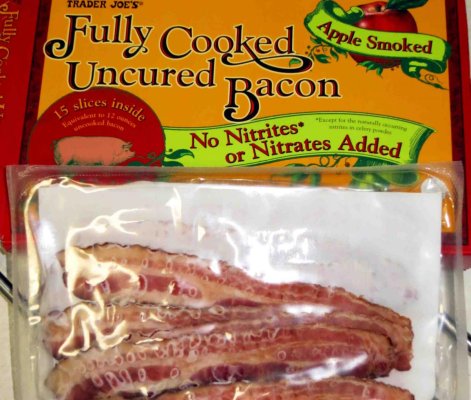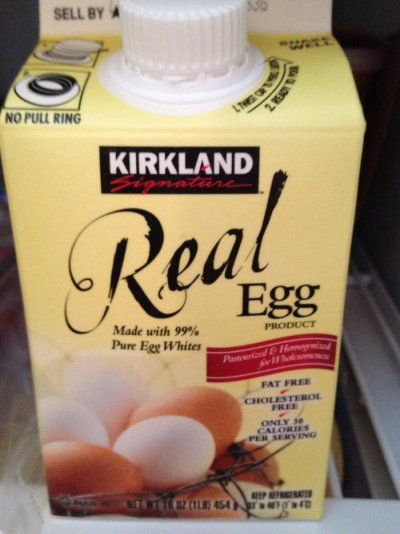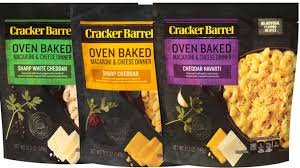I apparently come from a different recreational background than many. Multi-week trips with only what fits in my backpack or kayak and a wife that also enjoyed it. No need for refrigeration or electrical gadgets. I tend to find virtue in simplicity. Others, having different experiences, might think that my preparations sound really complex. Just normal boating for me.
I do a lot of home canning. Make a big pot of chili and can the leftovers (2 quarts). Roast a chicken and can the leftovers. A half pint of canned roasted chicken is 5 tacos worth. Same with meatballs, clam chowder, etc. My cooking through the winter easily provides a summer's worth of ship's grub. I used to can in metal tins, but the price of cans went up so now everything is in Mason jars. Storage is a little more complex than tin cans, but nothing too complicated. Since the jars are washed and saved, there is no garbage.
Vacuum bagging. I also do lots of this. Serving sizes of pasta, mashed potatoes, dried mushrooms, coffee, whatever. Once bagged they are indestructible. A milkcrate full of bagged meals is probably enough for 2 people for 30 days.
Buy the vacuum rolls otherwise the premade bags cost a fortune and aren't usually the right size. After bagging, nip a little into the top edge with scissors so that you can easily tear it open later without a knife or scissors. Also, save the vacuum bag and use it over. No garbage except for the little opening strip (which I leave connected until using the bag again). They last a ridiculously long time. I just had a dinner a few days ago that I bagged for a trip in 2017.
We have a little freezer in our fridge, but I don't mess with frozen food on board. The freezer stores blue ice packs and sometimes bottled waters. That allows us to turn off the fridge at night.
Quiet and saves electricity. Having to sniff test everything out of the freezer just isn't worth the effort, IMHO.
I agree with the mention of cabbage. Lasts a long time and works for salads, cole slaw, tacos, etc. Squash is another good keeper and cooks up really fast in a pressure cooker. Like with rice, bring to pressure and set it aside. By the time the rest of the meal is ready, it is cooked. I've also had little pots of cilantro and basil grown on board. Makes for a nice treat.
A couple of my favorite things.
Instant frijoles and crispy tortillas (huevos rancheros for breakfast, tostadas for lunch and homemade (canned) tamales con frijoles for dinner). Powdered whole milk with muesli for breakfast. Make your own muesli using ingredients from the bulk section of the grocery store. Dried cherries, dried blueberries, hazel nuts, whatever my decadent heart desires. You can even mix in a little pre-made muesli if you like sugary breakfast cereal. I add the
powdered whole milk right to the vacuum bag serving. Just add water and go. Amazingly good for being so simple and no need to sniff the milk carton every morning.
I could go on and on. I have a dirt home, but enjoy my boating experience as being different (i.e., no need for a dirt boat). Not for everybody, but I like it.












